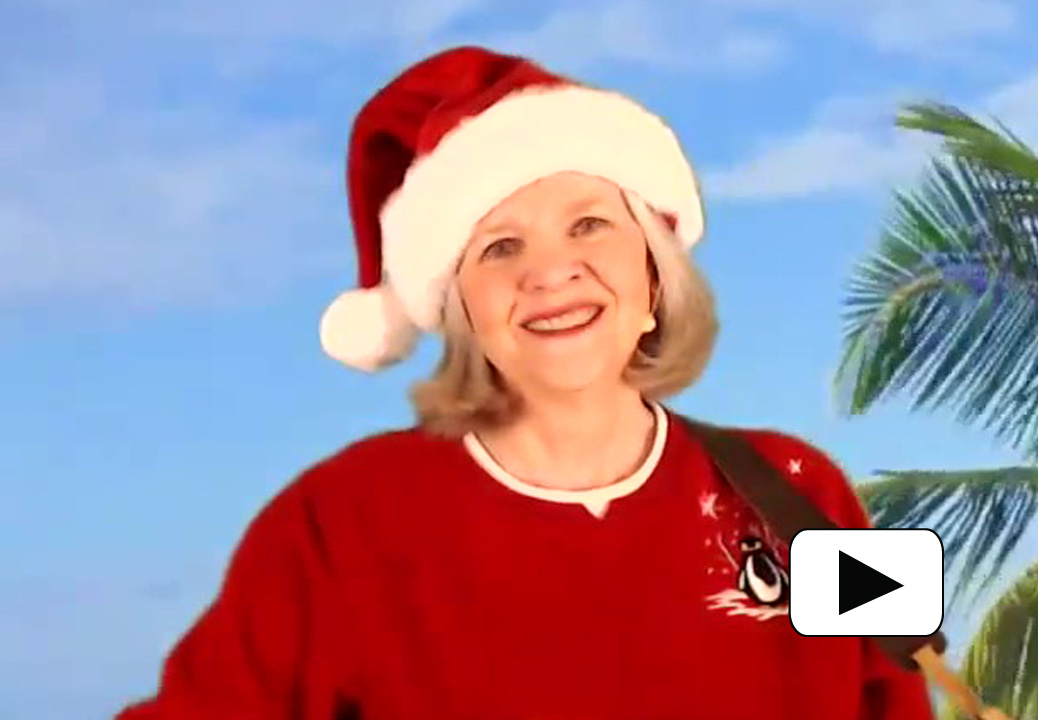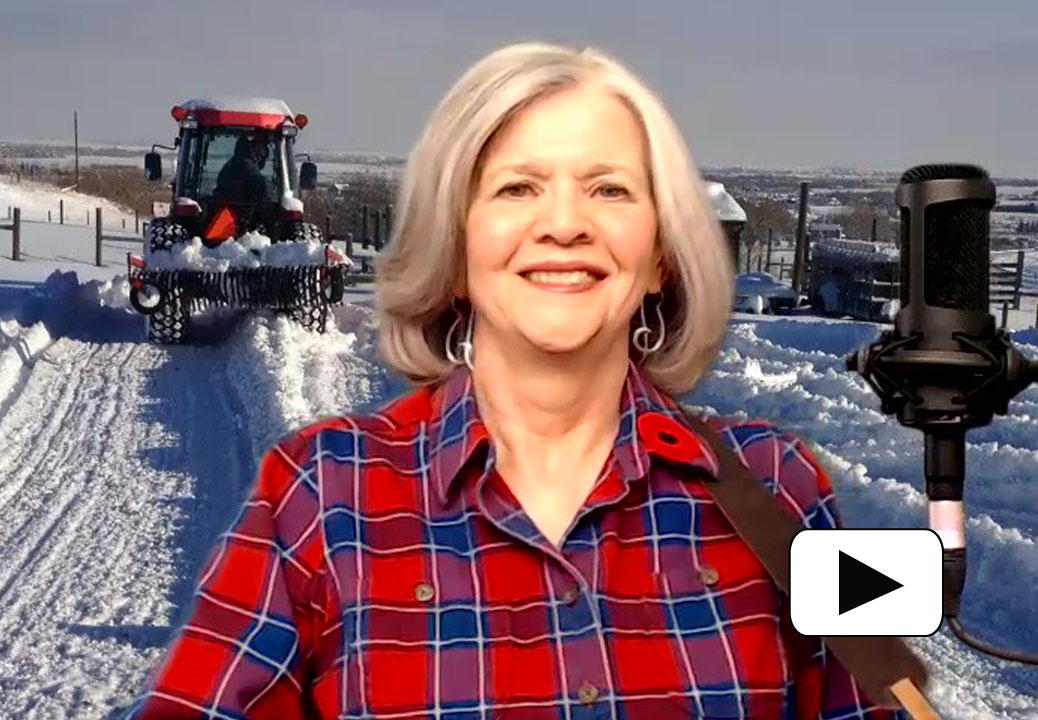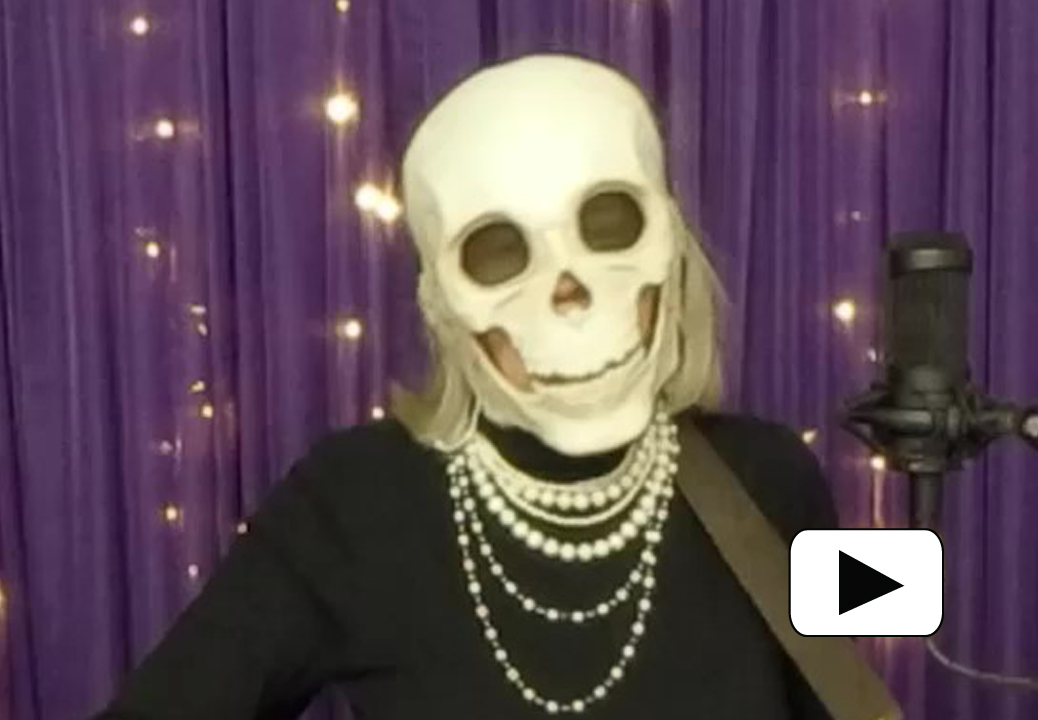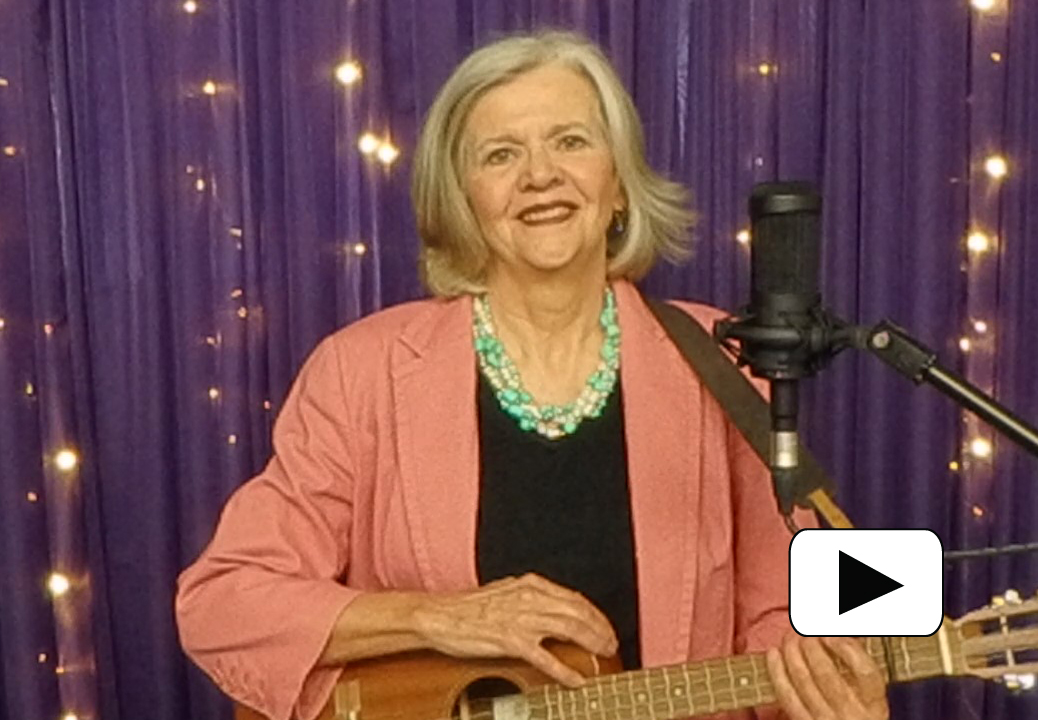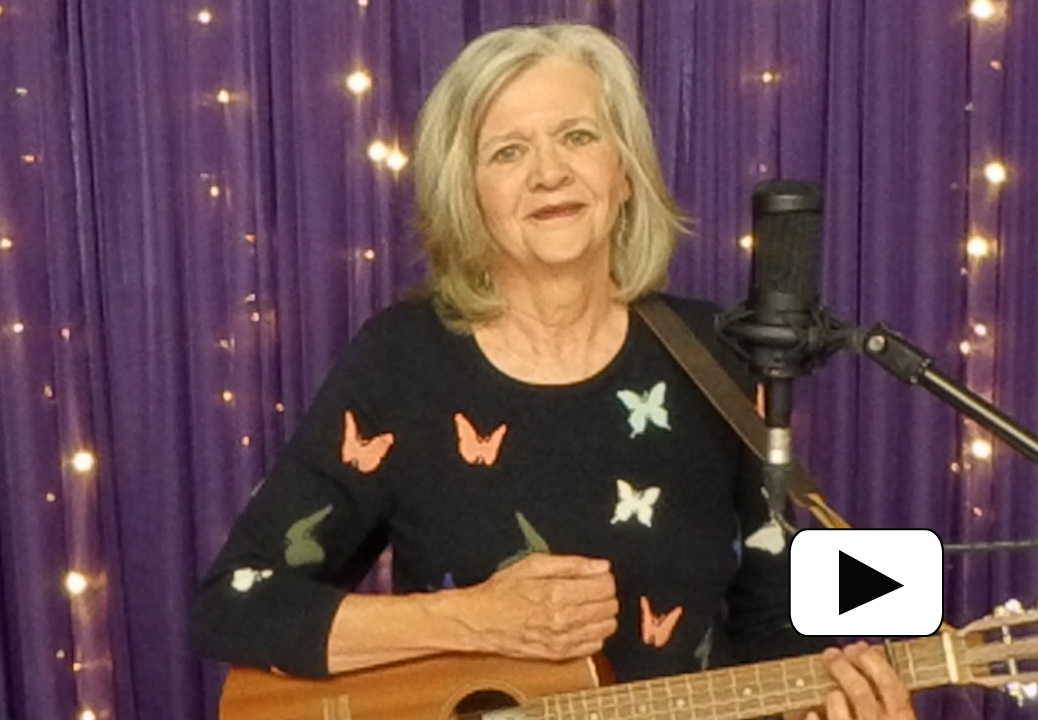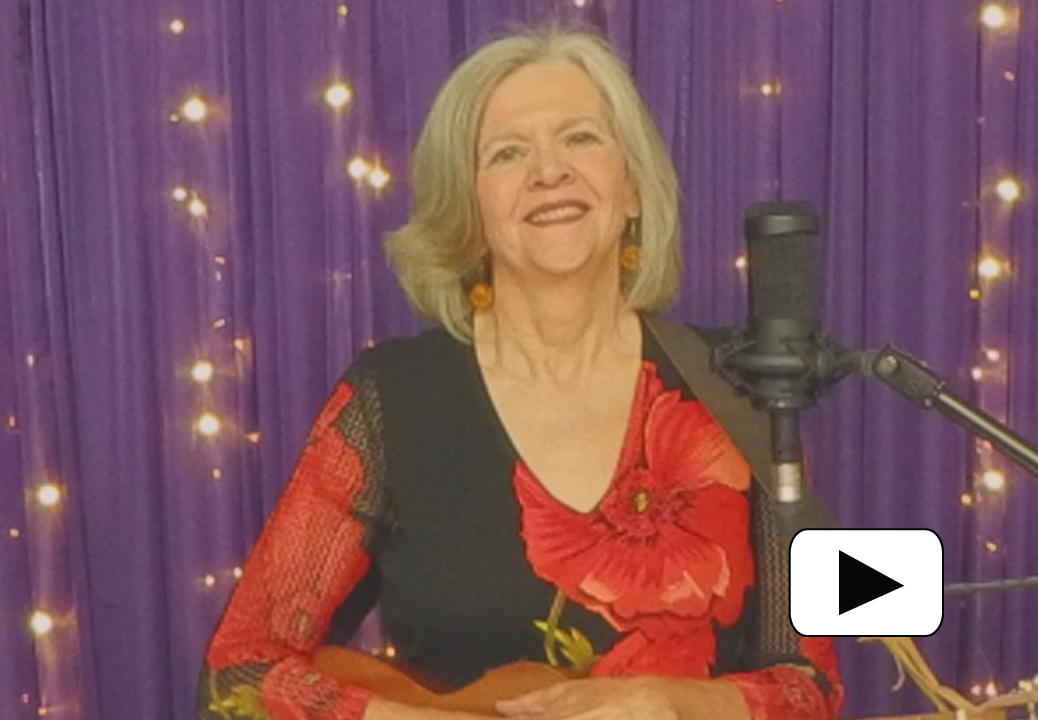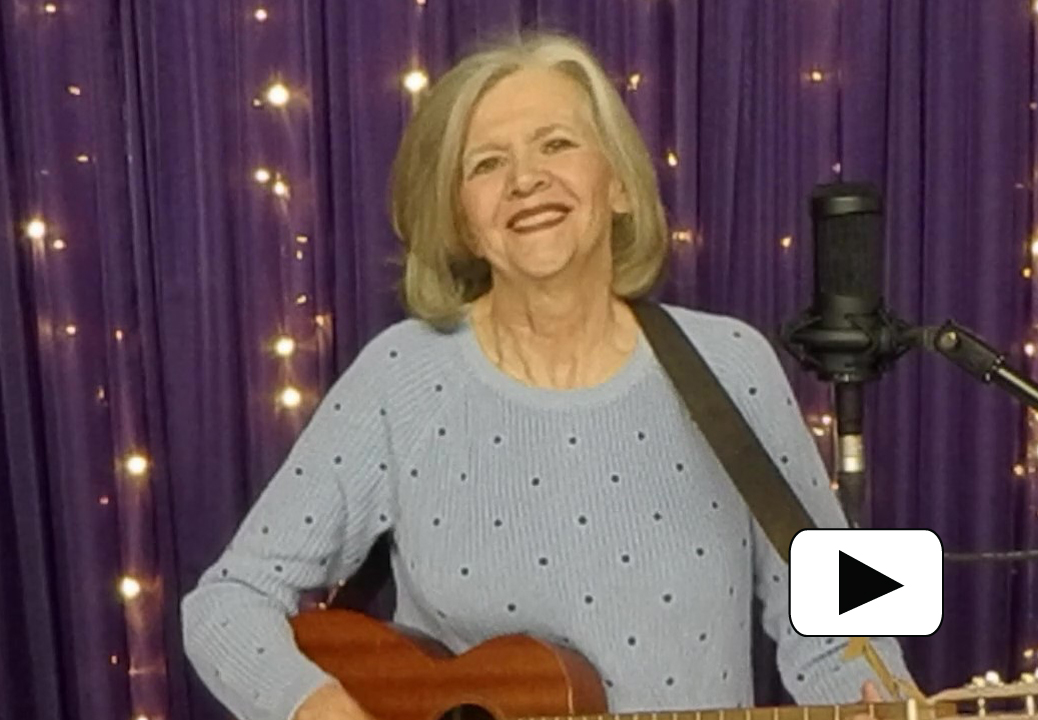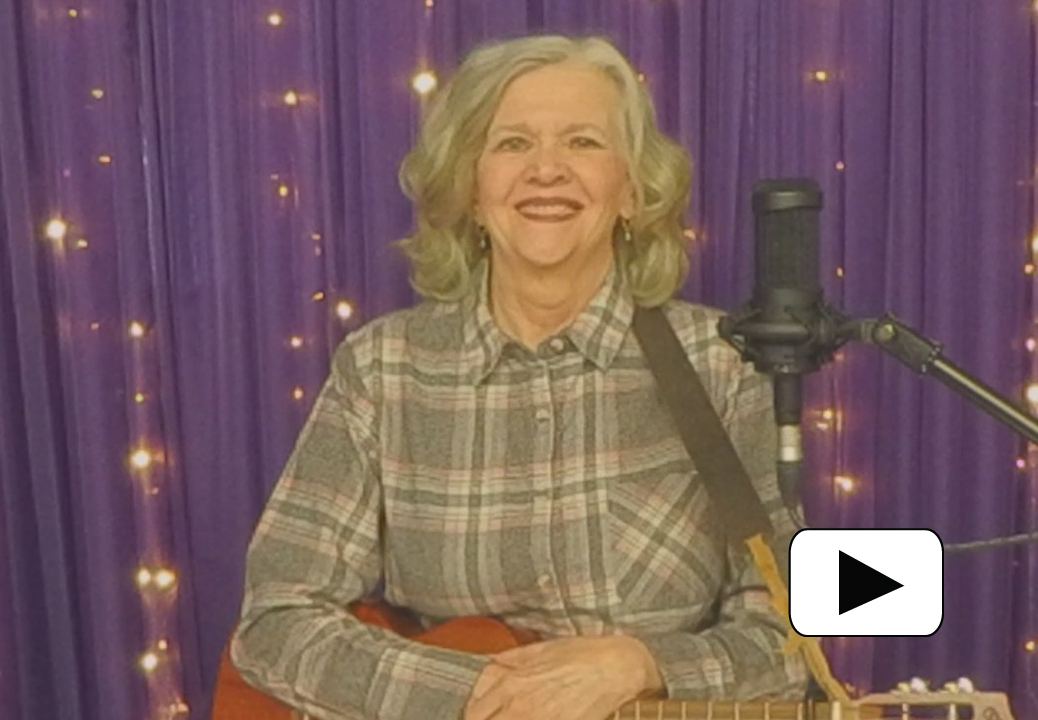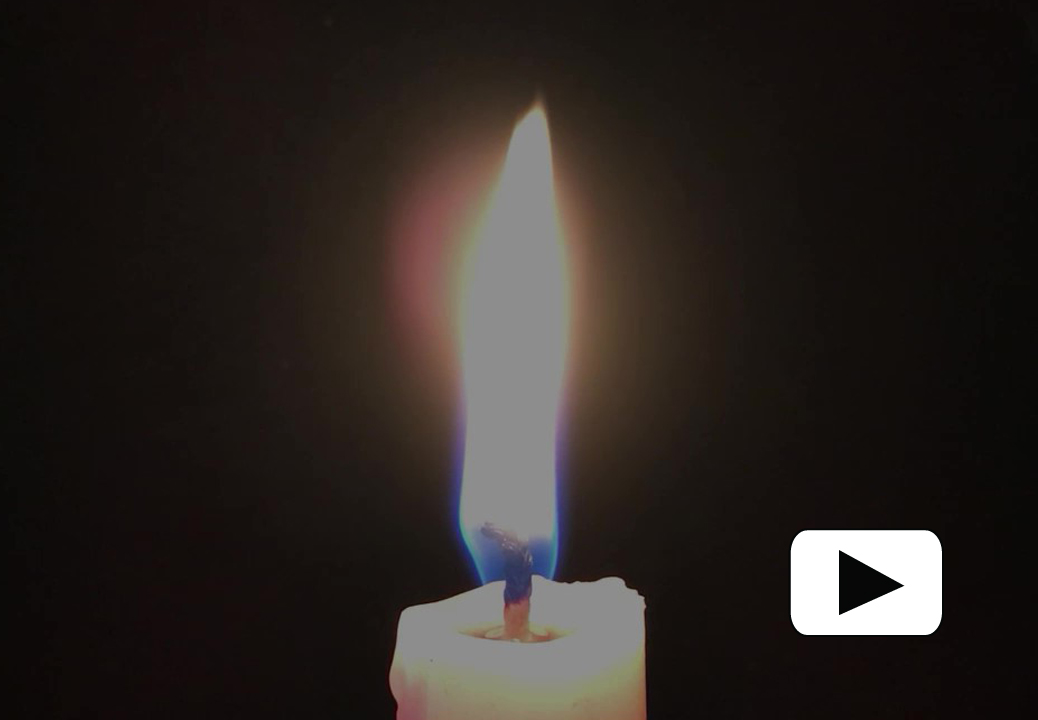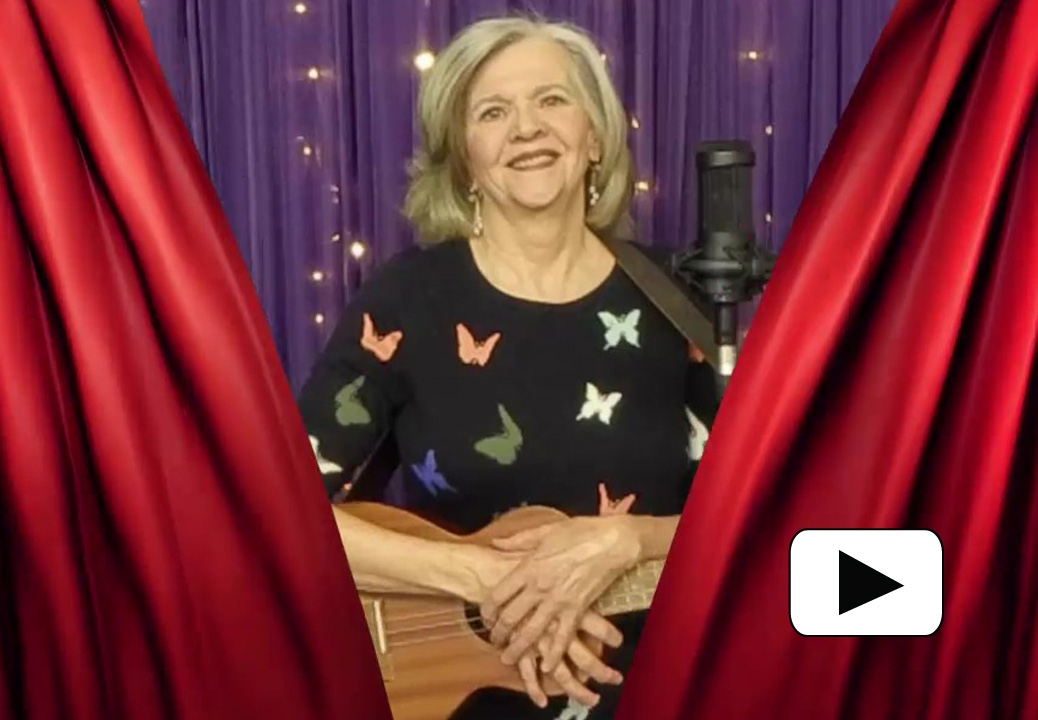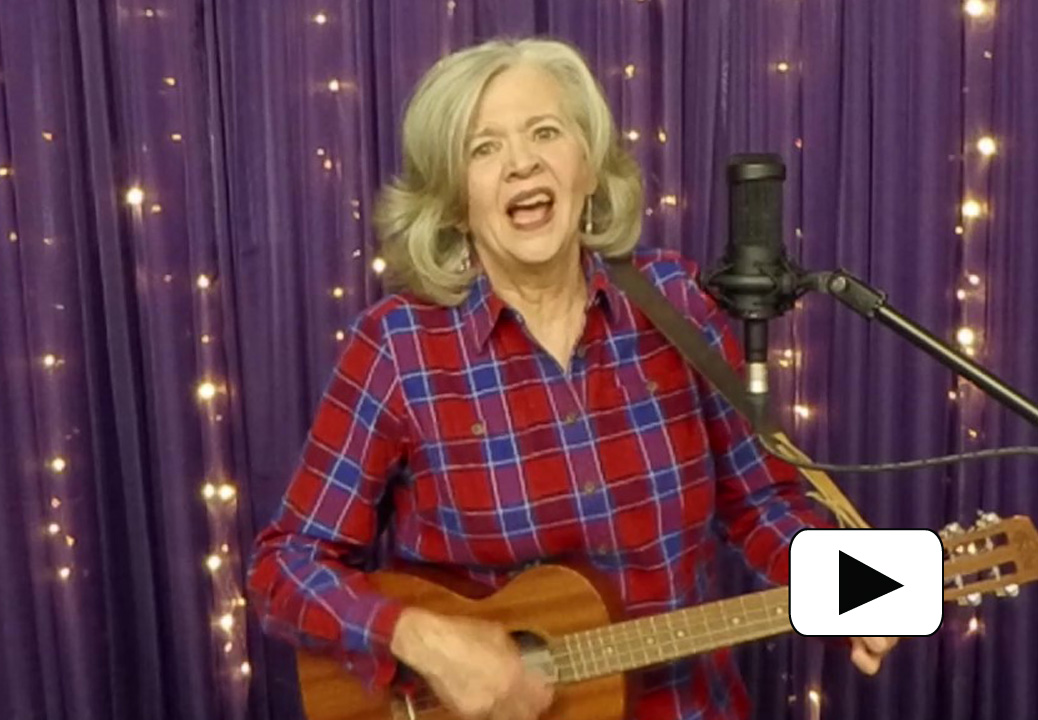 |
 |
 |
Dianne Joy’s arrangements and performances of songs written by other artists are drawn from many genres, eras and musical styles. |
|
Christmas Island is an Australian 'island territory' in the Indian Ocean, located directly south of Jakarta, Indonesia. It is also the name of a community in Nova Scotia. The song, “Christmas Island,” refers to the former. It was was written by Lyle Moraine and originally recorded in 1946 by The Andrews Sisters with Guy Lombardo and His Royal Canadians. It has also been recorded by Ella Fitzgerald (1960), Leon Redbone (1988) and Jimmy Buffett (1996), among others. |
Herman Hupfeld wrote “As Time Goes By” for the Broadway musical, "Everybody's Welcome." It was first recorded in 1931 by Rudy Vallée, and became famous in the 1942 movie, "Casablanca," sung by Sam, portrayed by Dooly Wilson. Due to the 1942-44 musicians’ strike, Wilson was unable to record the song, so RCA Victor reissued the Rudy Vallée recording, which became a #1 hit, 11 years after its initial release. Wilson's version, re-released in 1977, reached #15 in the UK. For years, it was the signature song of Warner Bros., used with their logo at the beginning of films. It was also the title and theme song of the 1990s British comedy series, "As Time Goes By," starring Judi Dench and Geoffrey Palmer. |
“Spooky Scary Skeletons” was The Bear’s pick for my Halloween song this year, and he had lots of fun doing the video production. The song was written in 1966 by Andrew Gold, an American multi-instrumentalist, singer, songwriter, arranger, and music producer. His single, “Lonely Boy," was a Top 10 hit in the U.S., and his song, "Thank You for Being a Friend,” was known by millions as The Golden Girls theme song. In addition to his solo career, he was a band member for many artists, including Linda Rondstadt from 1973-77. |
John Prine wrote and sang humorous lyrics about love and life, as well as serious songs with social commentary. He was inducted into the Grammy Hall of Fame in 2014 and the Songwriters Hall of Fame in 2019. Following his death in 2020 at age 73, his family established the Hello in There Foundation “to offer support for people who are marginalized, discriminated against or, for any reason, are otherwise forgotten.” This week, tribute concerts and events are taking place at John’s favourite spots in Nashville, as the basis for two documentaries. “In a Town This Size” was written by Kieran Kane and recorded in 1999 as a duet by John Prine and Dolores Keane. |
Blue Rodeo was formed over 35 years ago by high school friends Jim Cuddy and Greg Keelor. The band has released 16 albums, with over four million copies sold. They have received many Juno Awards and been inducted into the Canadian Music Hall of Fame. The band has received a star on Canada’s Walk of Fame, been named to the Order of Canada and received the Governor General’s Performing Arts Award. “Head Over Heels” was released on their 1995 studio album, Five Days in July. |
Please note: original songs by DJ are copyright and registered with the Government of Canada's CIPO (Canadian Intellectual Property Office) and SOCAN.
This is a non-commercial site intended solely for the enjoyment of friends, family and anyone interested in DJ's music. Site created and maintained by The Bear.
